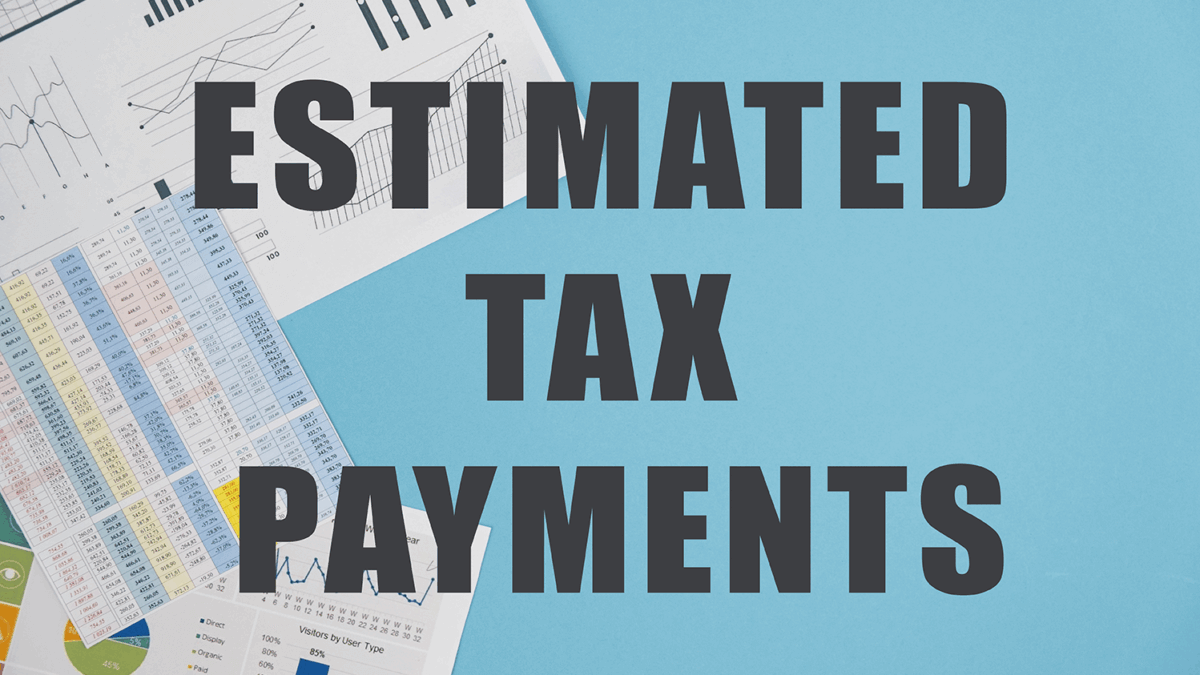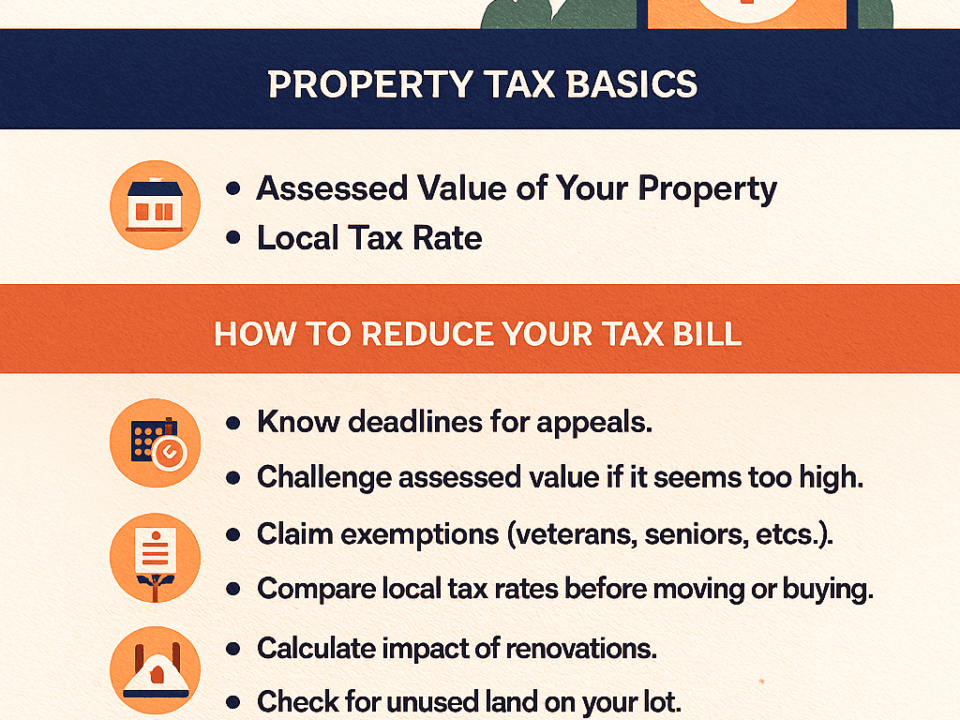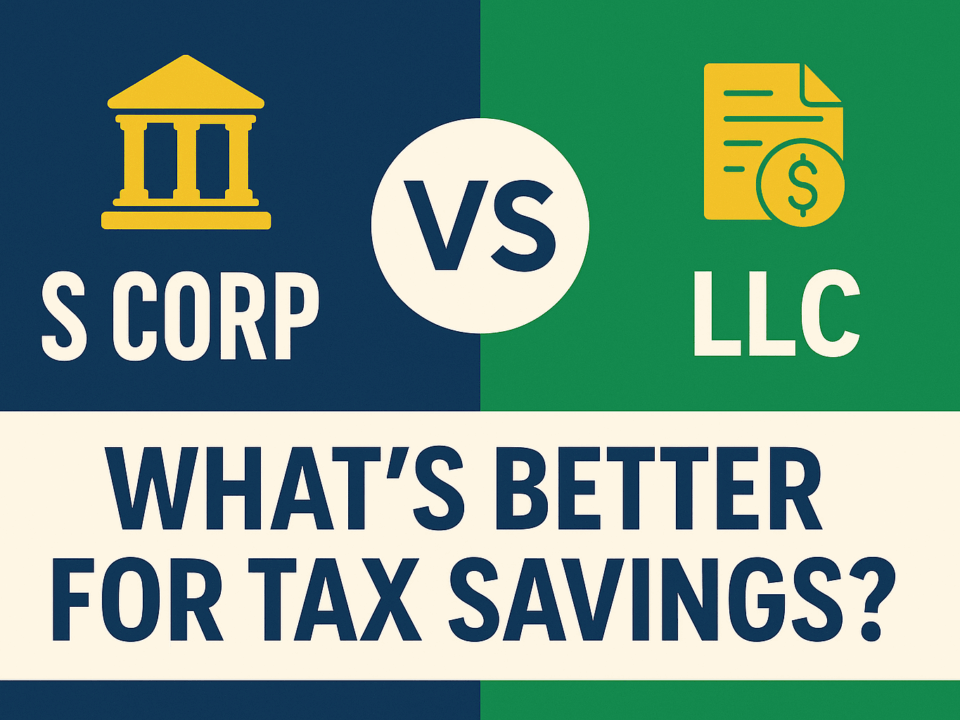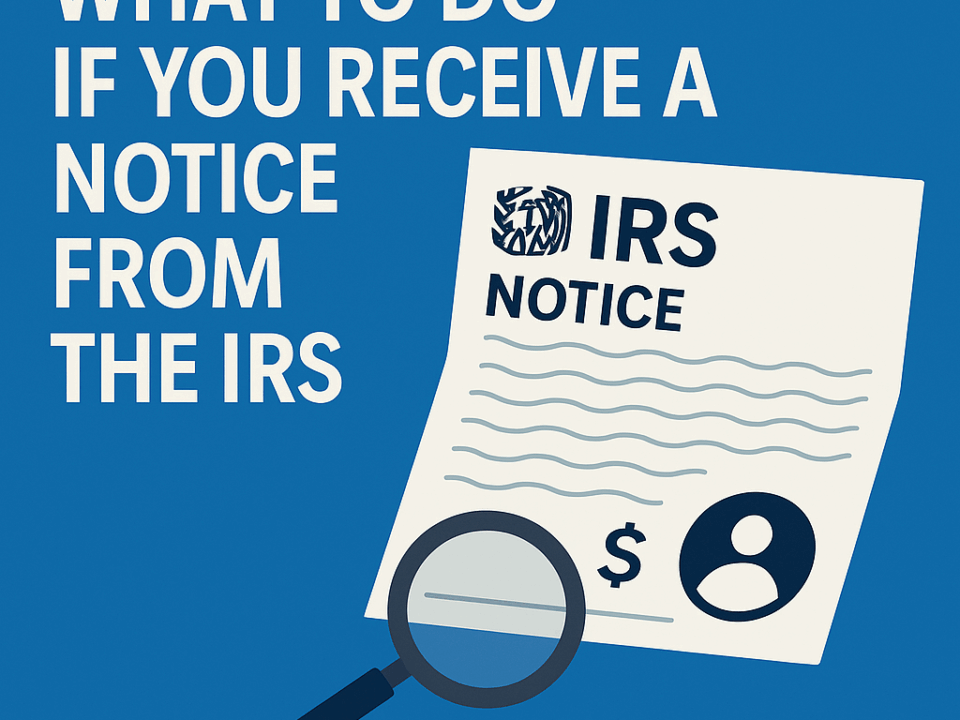
Financial Metrics Every Small Business Should Track
June 1, 2025
Cash Flow Management in Slow Seasons
June 1, 2025💼 Understanding Estimated Taxes for Freelancers and Contractors
What You Need to Know
If you’re a freelancer, contractor, or self-employed professional, there’s one part of your business you can’t afford to ignore: estimated taxes. While working for yourself gives you freedom and flexibility, it also comes with new responsibilities—especially when it comes to taxes. 😅
Unlike traditional employees who have taxes automatically withheld from their paychecks, freelancers and contractors must calculate and pay estimated taxes on their own throughout the year. Failing to do so can lead to costly penalties, interest, and unnecessary stress.
This guide breaks down everything you need to know about estimated taxes, including:
-
✅ Who needs to file
-
📅 When and how to pay
-
⚠️ Common mistakes to avoid
-
💸 Penalties for non-compliance
-
🙌 And how FSMC Bookkeeping Service can help!
📌 What Are Estimated Taxes?
Estimated taxes are payments made four times a year on income that isn’t subject to automatic withholding—like freelancing gigs, contract work, side hustles, rental income, dividends, and more.
You’re required to estimate how much tax you’ll owe for the year and pay the IRS in quarterly installments.
👀 Who Needs to Pay Estimated Taxes?
You must pay estimated taxes if:
✅ You expect to owe $1,000 or more in federal tax when you file your return
✅ You have income that isn’t subject to withholding (self-employment income, dividends, capital gains, etc.)
✅ You’re a sole proprietor, partner, S-corp shareholder, or independent contractor
This typically includes:
-
Freelancers 👩💻
-
Consultants 🧠
-
Gig economy workers (Uber, DoorDash, etc.) 🚗
-
Real estate agents 🏡
-
Online sellers 🛒
-
Influencers and content creators 🎥
💡 Even part-time or side hustle income can trigger estimated tax requirements.
📆 Estimated Tax Payment Deadlines
The IRS requires estimated tax payments to be made quarterly, based on this schedule:
| Quarter | Income Period | Payment Due Date |
|---|---|---|
| Q1 | Jan 1 – Mar 31 | April 15 |
| Q2 | Apr 1 – May 31 | June 15 |
| Q3 | Jun 1 – Aug 31 | September 15 |
| Q4 | Sep 1 – Dec 31 | January 15 (of next year) |
📌 If the due date falls on a weekend or holiday, the deadline moves to the next business day.
💸 How to Calculate Estimated Taxes
To calculate your estimated tax:
-
Estimate your annual income
-
Subtract any deductions or business expenses
-
Use IRS Form 1040-ES to calculate your estimated tax liability
-
Divide the total into four equal payments
🔢 As a rule of thumb, freelancers should set aside 25% to 30% of their income for taxes, including self-employment tax.
🧾 Don’t Forget Self-Employment Tax!
As a freelancer or contractor, you’re responsible for both the employer and employee share of Social Security and Medicare taxes—a total of 15.3%.
This is called self-employment tax and it’s in addition to your income tax.
🧮 Self-Employment Tax = Net earnings × 15.3%
You’ll calculate this using Schedule SE when filing your annual return.
🚫 Common Mistakes Freelancers Make
Paying estimated taxes can be confusing, and many independent workers make errors that cost them in the long run. Here are some of the most common mistakes:
❌ 1. Not Making Payments at All
Some freelancers mistakenly think they can just “wait until tax time.” Unfortunately, this leads to penalties, fees, and a big surprise tax bill in April.
❌ 2. Underestimating Income
Being too conservative with income projections means underpaying taxes—triggering interest and underpayment penalties.
❌ 3. Missing Deadlines
Late payments = late fees and interest. The IRS doesn’t care if you were too busy or forgot. ⏰
❌ 4. Not Keeping Good Records
Without proper records of income, expenses, and deductions, you’re more likely to overpay taxes or raise red flags with the IRS.
❌ 5. Ignoring State Estimated Taxes
Many states also require quarterly payments. Don’t forget to check your state’s rules! 🗺️
⚖️ What Happens If You Don’t Pay Estimated Taxes?
Failing to pay enough in estimated taxes—or missing payments altogether—can lead to:
🔸 Underpayment Penalties
If you don’t pay at least 90% of your current year’s tax (or 100% of last year’s tax), the IRS can hit you with a penalty for underpayment.
💡 Safe Harbor Rule: Avoid penalties by paying 100% of last year’s tax liability (or 110% if you make over $150K).
🔸 Interest Charges
The IRS charges daily interest on any unpaid taxes, including missed or late estimated payments.
🔸 Late Filing Fees
If you fail to file your annual return, the failure-to-file penalty is usually 5% per month, up to 25% of the unpaid taxes.
⚠️ Bottom line: It’s always cheaper to pay estimated taxes than to deal with penalties later.
💻 How to Pay Estimated Taxes
The IRS offers multiple convenient ways to pay:
-
💳 IRS Direct Pay: irs.gov/payments
-
💵 EFTPS: Electronic Federal Tax Payment System
-
📱 IRS2Go App
-
✉️ Mail Form 1040-ES with your check
✅ FSMC Bookkeeping Service: Your Partner in Tax Compliance
Stressed about tax deadlines? Not sure if you’re setting aside enough? Tired of spreadsheets and forms?
FSMC Bookkeeping Service is here to help! 🙌
Why FSMC?
-
✅ Personalized bookkeeping and accounting services
-
✅ Tax planning specifically for freelancers and contractors
-
✅ Accurate income tracking for quarterly payments
-
✅ Timely reminders so you never miss a deadline
-
✅ Expert advice on deductions and compliance
-
✅ Transparent, affordable pricing
🗣️ “I used to dread tax season—now it’s just another day on the calendar thanks to FSMC.” — Freelance Graphic Designer
Whether you’re brand new to self-employment or a seasoned pro, FSMC gives you peace of mind and helps you stay on top of your finances—so you can focus on doing what you love. 💼❤️
📋 Final Tips for Freelancers & Contractors
Before we wrap up, here are some pro tips to stay ahead of your tax game:
🧮 Use a Separate Business Bank Account
It makes tracking income and expenses much easier—and keeps your personal finances separate.
🗂️ Keep Detailed Records
Hold onto receipts, invoices, and logs for at least 3 years in case of an audit.
📅 Set Calendar Reminders
Add tax deadlines to your calendar and set alerts. Better yet, let FSMC handle this for you.
💬 Ask for Help
Don’t go it alone. Taxes are complex, and professional support can save you time, money, and stress.
📣 Final Thoughts
Paying estimated taxes may not be fun—but it’s a critical part of being self-employed. With a clear understanding of how it works, proactive planning, and the right support system (like FSMC Bookkeeping Service), you can take control of your finances and avoid costly surprises.
Start now, stay consistent, and set your business up for success. You’ve got this! 🚀💪
Got questions about estimated taxes? Drop them in the comments!
Or better yet—reach out to FSMC Bookkeeping Service today and let us help you streamline your entire tax process.
🔁 Share this article with a fellow freelancer or contractor who needs to stay on top of their taxes!
#EstimatedTaxes #FreelancerFinance #SelfEmployedLife #TaxTips #QuarterlyTaxes #ContractorAccounting #SmallBusinessTax #FSMCBookkeeping #1099Life #AvoidTaxPenalties #TaxHelp #BookkeepingMadeEasy 📊🧾💼




